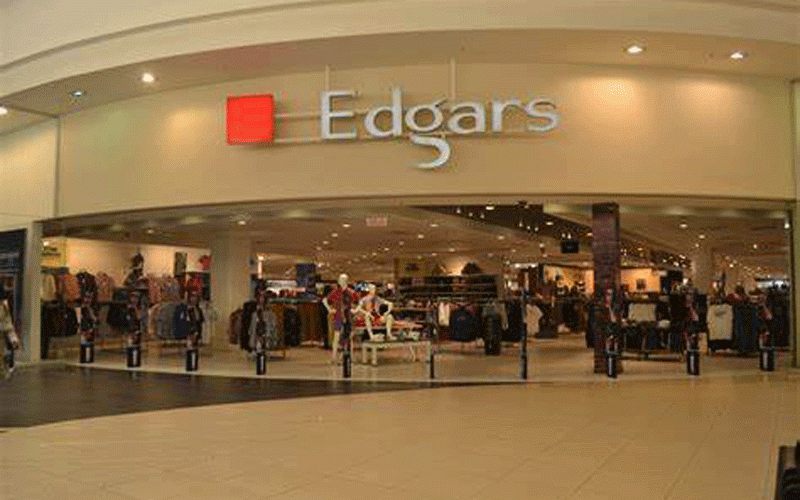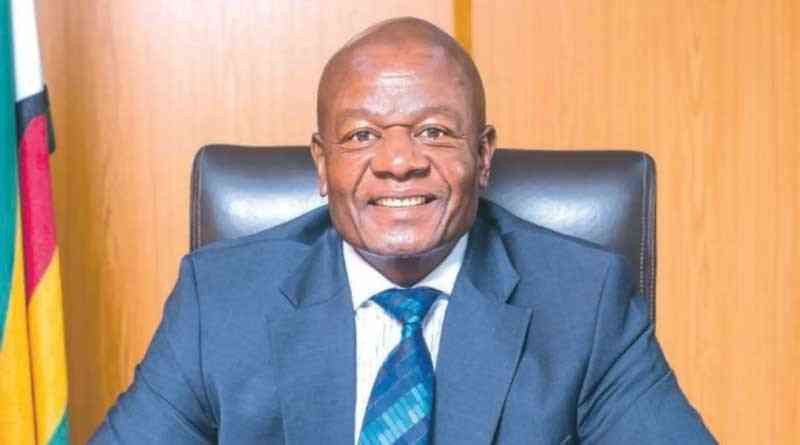
EDGARS Stores Limited has allocated US$1,3 million in capital expenditure (capex) for its current fiscal year ending January 4, 2026, as part of a strategic push to expand its retail presence, enhance manufacturing capabilities, and streamline operations.
While this marks a decline from the US$1,9 million spent in the previous fiscal year, the investment underscores the company’s focus on targeted growth.
A key initiative includes the launch of 20 new Express Stores, backed by a US$200 000 investment, specifically designed for budget-conscious consumers.
These stores will offer affordable new clothing items priced between US$1 and US$10, allowing Edgars to directly compete with second-hand clothing merchants operating in Zimbabwe’s thriving informal apparel market.
By targeting lower-income demographics, the retailer aims to disrupt the dominance of used clothing traders while driving volume sales and brand penetration.
“Opportunities have been identified where merchandise execution can be improved or new emerging ones (can) be pursued. In addition, management will continue down the path to right-align business overheads to attain volumes in the context of depressed demand,” Edgars chairman Themba Sibanda said in the group’s 2024 annual report.
“Flexible credit offerings will be maintained to stimulate increased spend. Management will continue to retool Carousel to underpin increased production and improve operational efficiencies to better support the retail chains.
Smart merchandise procurement and optimal inventory planning remain key focus areas to ensure an optimal merchandise cycle that yields targeted margins without compromising the merchandise quality.”
- Loans freeze unsettles Zim firms
- Loans freeze unsettles Zim firms
- Edgars Borrowdale relocates to bigger space
- Edgars Borrowdale relocates to bigger space
Keep Reading
From US$12,94 million in total banking and loan facilities as of the year ended January 5, 2025, Edgars had unutilised banking facilities of approximately US$2 million.
He said the group would continue to expand its geographic footprint through the opening of new stores in strategic locations.
“The business will make further investments in backup solar power to improve system uptime and customer experiences in store and contain generator and grid electricity costs in light of projected reduced electricity availability in the outlook period,” Sibanda said.
“To mitigate challenges arising from rising inflation, utility cost escalations, worsening power outages, and exchange rate disparities, the group has embarked on stringent cost-containment measures through headcount rationalisations, managing electricity usage, minimising waste, and improving focus on enhancing supply chain efficiencies.”







